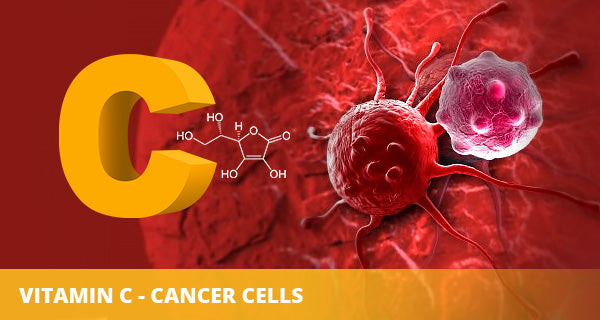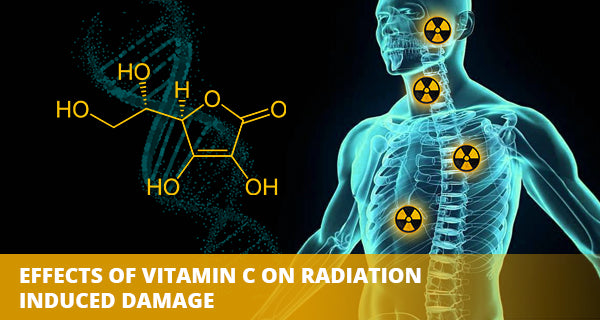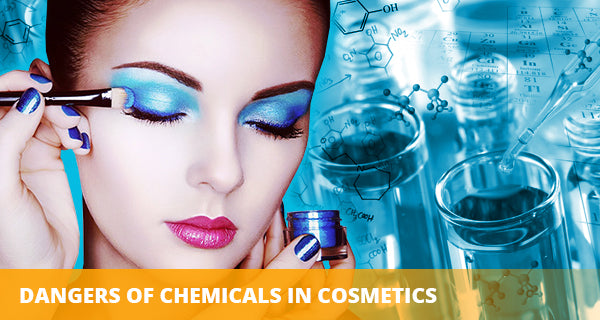Health on Your Terms
Viewing posts tagged Liposomal Vitamin C.
Vitamin C is mostly known for its role in boosting immunity and preventing scurvy. It works as an antioxidant in the body AND plays an important role in the production of collagen, fibrous protein that hold together your connective tissue present in muscles, ligaments, tendons, bones, blood vessels, skin and eyes. These two properties are responsible for the majority of vitamin C health benefits.
Effects of Vitamin C on Radiation Induced Damage
By Simon HOMARUS
The Fukushima nuclear disaster that rocked Japan in 2011, has sparked world-wide fear and concern. With news of radiations still leaking into the environment and even drifting on to the American shores and around the world’s oceans, it looks like the crisis is far from over.
Can diesel exhaust cause cancer?
By Simon HOMARUS
Smoking is one of the leading causes of lung cancer, followed by exposure to asbestos and radon. But not many people are aware that exhaust fumes from diesel fuels is also one of the potent risk factors for developing this deadly form of cancer.
Dangers of Chemicals in Cosmetics
By Monika TYAGI
Most of us read ingredients lists and labels on our food items. But how about facial treatments, lipsticks, sunscreens and shampoos? Most of the cosmetics and personal care products you use on a daily basis contain a slew of chemicals associated with a wide array of health risks. Surprised?
Vitamin C for Eye Health
By SQ Staff
Vitamin C is best known to prevent scurvy and boost immune functions. However, it’s role in maintaining eye health is not something we are all aware of. Our eyes are complex network of connective tissues, fragile blood vessels and nerve cells. Vitamin C is an important co-factor in the synthesis of collagen, a fibrous protein present in all our connective tissues including in the cornea of the eye. It also promotes healthy blood vessels (capillaries) in the retina. In fact, a 2011 study conducted by scientists at Oregon Health & Science University discovered that nerve cells in the retina need to be literally bathed in a very high amount of Vitamin C to efficiently perform their functions [1].
Fibromyalgia and Restless Leg Syndrome
By Simon HOMARUS
A 2010 study published in the Journal of Clinical Sleep Medicine showed that adults with fibromyalgia (FM) are much more likely to have restless legs syndrome (RLS) than healthy people [1]. According to Nathaniel F. Watson, MD, one of the study authors, “Sleep disruption is common in fibromyalgia and often difficult to treat. It is apparent from our study that a substantial portion of sleep disruption in fibromyalgia is due to restless legs syndrome.” [2]
High dose Vitamin C selectively kill cancer cells
By Monika TYAGI
This may very well be one of the most debatable topics in oncology. High dose vitamin C has been studied as a cancer treatment since 1970’s but not without its share of controversies. But a new study from the University of Iowa (UI) published in Redox Biology shed some light into why the efficacy of high dose vitamin C as cancer therapy has shown mixed results.
Sugar addiction, is it for real?
By Simon HOMARUS
If you have you ever tried to cut back on sugar, you may know how incredibly tough it is to wean yourself off from the sweet devil. In fact, eliminating sugar from the diet may leave some people with strong withdrawal symptoms such as intense cravings, headaches, edginess, feeling of depression and worse. Sounds like substance addiction? Well, science suggests that sugar is even more addictive than cocaine [1]. You heard it right. That gorgeous piece of chocolate cake or those delectable muffins seem to serve the same purpose as crack. So, what makes sugar so addictive? Why it does often makes you lose control? What exactly drives sugar cravings?
Insulin resistance makes your arteries suffer too
By Sve za ljubimce Admin
Researchers have long known that insulin resistance sets the stage for the development of Type 2 diabetes. Insulin resistance is a condition where beta cells of the pancreas produce insulin but muscle, liver and fat cells are not able to efficiently use it to absorb glucose from the bloodstream. This leads to excessive build-up of glucose in the blood. As a result, the body gets signals to produce more insulin to take care of increased glucose levels until beta cells fails to keep up with this increased demand, finally leading to prediabetes and possibly Type 2 diabetes.
Vitamin C and Tobacco
By Simon HOMARUS
The majority of us believe that taking Vitamin C will help us build a strong immune system. But if you smoke, you are likely to need more of this important vitamin to fight the harmful effects of smoking.










